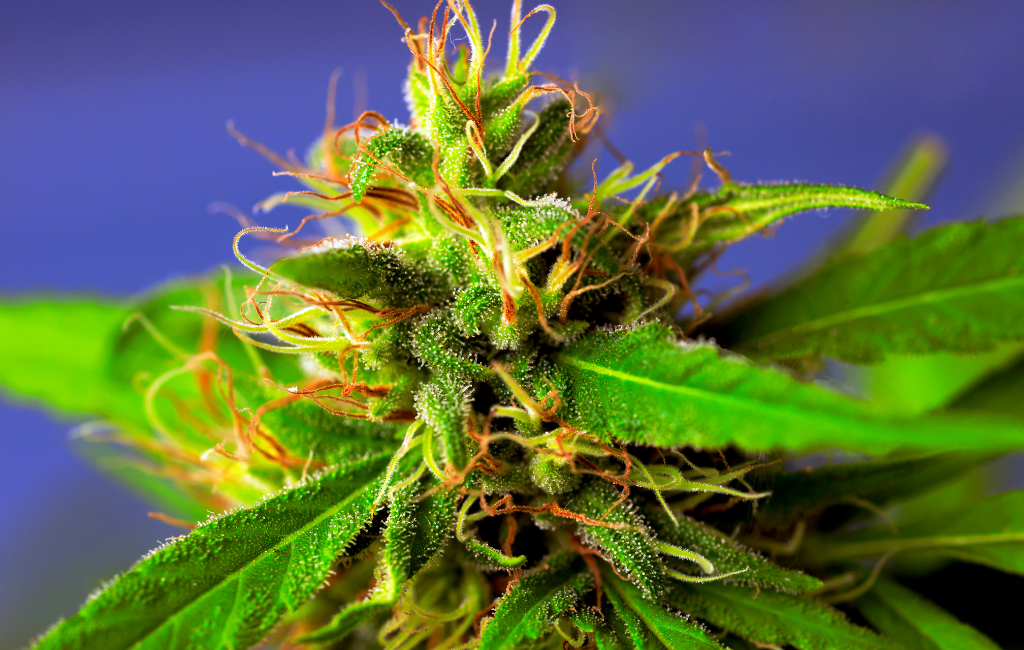The cannabis plant has been a subject of intrigue and debate for centuries. With its multifaceted applications, it stands as a beacon of potential in the field of natural medicine. This article explores the healing properties of cannabis, its historical significance, and its modern-day applications.
The Historical Significance of Cannabis
Throughout history, cannabis has been utilized for its medicinal properties. Ancient civilizations, including the Chinese and Egyptians, recognized its therapeutic benefits. In traditional Chinese medicine, cannabis was used to treat a variety of ailments, from pain relief to digestive issues.
In ancient Egypt, cannabis was incorporated into treatments for inflammation and glaucoma. These early uses highlight the plant’s longstanding role in human health and wellness.
Understanding the Components of Cannabis
The cannabis plant contains over 100 cannabinoids, with the most well-known being THC (tetrahydrocannabinol) and CBD (cannabidiol). Each cannabinoid interacts with the body’s endocannabinoid system, influencing various physiological processes.
- THC: Known for its psychoactive effects, THC is often associated with the “high” experienced from cannabis use. It also has potential therapeutic benefits, such as pain relief and appetite stimulation.
- CBD: Unlike THC, CBD does not produce psychoactive effects. It is praised for its anti-inflammatory, anti-anxiety, and seizure-reducing properties.
Modern-Day Applications of Cannabis
In recent years, the medical community has increasingly recognized the potential of cannabis in treating various conditions. Research has shown promising results in areas such as chronic pain management, epilepsy, and mental health disorders.
Chronic Pain Management
Chronic pain affects millions worldwide, often leading to a diminished quality of life. Cannabis has emerged as a potential alternative to traditional pain medications, which can have severe side effects and addiction risks.
Studies have demonstrated that cannabis can effectively reduce pain in conditions such as arthritis, multiple sclerosis, and fibromyalgia. Patients report improved pain management and a reduction in reliance on opioids.
Epilepsy and Seizure Disorders
One of the most compelling uses of cannabis is in the treatment of epilepsy, particularly in children with treatment-resistant forms. CBD has been shown to significantly reduce the frequency and severity of seizures.
The case of Charlotte Figi, a young girl with Dravet syndrome, brought national attention to this application. Her seizures were dramatically reduced after using a CBD-rich cannabis extract, leading to increased interest and research in this area.
Mental Health Benefits
Cannabis is being explored for its potential benefits in mental health treatment. Conditions such as anxiety, depression, and PTSD have shown positive responses to cannabis therapy.
CBD, in particular, has been noted for its calming effects, which can help alleviate symptoms of anxiety and depression. Research continues to explore the full extent of cannabis’s impact on mental health.
Legal and Social Considerations
The legal status of cannabis varies globally, influencing its accessibility and research opportunities. In many regions, cannabis has been legalized for medical use, allowing patients to access its benefits under medical supervision.
Social perceptions of cannabis are also shifting, with increasing acceptance of its medicinal value. This change is reflected in the growing number of countries and states that have reformed their cannabis laws.
Challenges and Future Directions
Despite its potential, cannabis research faces challenges, including regulatory hurdles and limited funding. Continued advocacy and education are necessary to advance understanding and acceptance of cannabis as a therapeutic agent.
Future research aims to uncover more about the plant’s capabilities, optimize its use in medicine, and ensure safe and effective applications for patients worldwide.
Conclusion
The cannabis plant stands as a remarkable example of nature’s healing potential. Its historical use and modern applications underscore its significance in medicine. As research progresses, cannabis may offer new hope for patients seeking natural and effective treatments.
With ongoing exploration and a growing body of evidence, the future of cannabis in healthcare looks promising, paving the way for innovative therapies and improved patient outcomes.
